Kellogg's Six-Hour Day
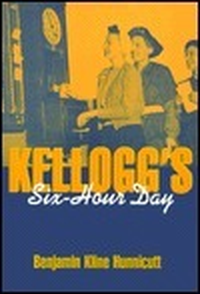
Summary
On December 1, 1930, at the start of the Great Depression, W.K. Kellogg replaced the traditional three daily eight-hour shifts in his cereal plant with four six-hour shifts. By adding on a new shift he and his managers created jobs for employees that the company had laid off and for other unemployed persons in Battle Creek, Michigan. Kellogg's six-hour day was the pinnacle of a hundred-year process that cut working time virtually in half. Kellogg Management, propelled by a vision of Liberation Capitalism, insisted that six hours would revolutionize society by shifting the balance of time from work to leisure--from economic concerns to the challenge of freedom. Kellogg's employees, like centuries of workers, believed that work was a means to an end. An overwhelming number of employees were willing to "share their work" and found the extra time an opportunity to invest in the family, community, church, and individual freedom. When World War II ended, Kellogg's managers abandoned the six-hour shift and began with the rest of the nation to define progress as more work for more people. Losing sight of the original dream of more time to live outside necessity, management argued that work should remain the center of life, providing identity, meaning, and purpose to an otherwise meaningless existence. Hunnicutt documents the struggle of those workers, mostly women, who resisted management and the new beliefs about work's centrality. They fought to keep their six-hour shifts until 1985, and in the process preserved the century-old vision of "progressive shortening of the hours of labor." Their story is a monument to workers' struggle for control over their lives and for substantial freedom beyond necessity. It serves as a reminder of a remarkable vision of progress, offering hope and guidance to the last decade of this century when layoffs, downsizing, mandatory overtime, and a "jobless future" plague the nation.
Similar Books
-
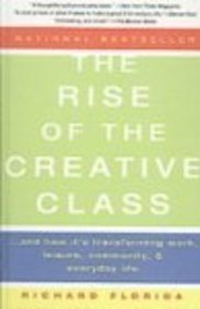
-
 Consuming Life
Consuming Lifeby Zygmunt Bauman
-
 Labor Law for the Rank and Filer
Labor Law for the Rank and Filerby Daniel Gross
-
 Labor law for the rank & filer
Labor law for the rank & filerby Daniel Gross
-
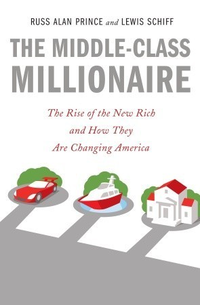
-

-
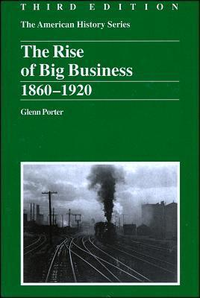 The Rise of Big Business, 1860-1920
The Rise of Big Business, 1860-1920by Glenn Porter
-
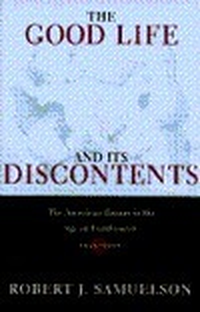 The Good Life and its Discontents
The Good Life and its Discontentsby Robert J. Samuelson
-
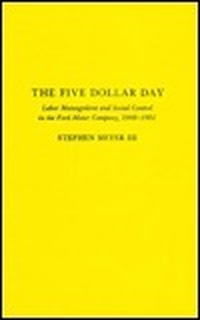
-
 A Place for Us: How to Make Society Civil and Democracy Strong
A Place for Us: How to Make Society Civil and Democracy Strongby Benjamin R. Barber
-
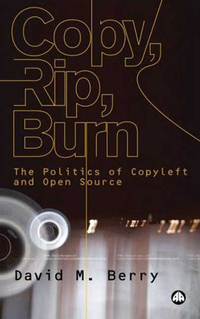 Copy, Rip, Burn: The Politics of Copyleft and Open Source
Copy, Rip, Burn: The Politics of Copyleft and Open Sourceby David M. Berry
-
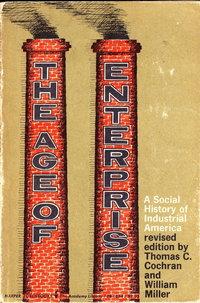 The Age of Enterprise: A Social History of Industrial America
The Age of Enterprise: A Social History of Industrial Americaby Thomas Childs Cochran
-
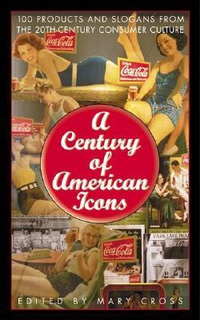
-
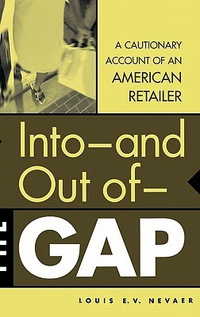 Into--and Out of--The GAP: A Cautionary Account of an American Retailer
Into--and Out of--The GAP: A Cautionary Account of an American Retailerby Louis E.V. Nevaer
-
 100 Predictions for the Baby Boom: The Next 50 Years
100 Predictions for the Baby Boom: The Next 50 Yearsby Cheryl Russell
-
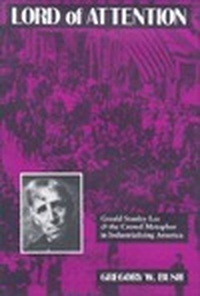 Lord of Attention: Gerald Stanley Lee and the Crowd Metaphor in Industrializing America
Lord of Attention: Gerald Stanley Lee and the Crowd Metaphor in Industrializing Americaby Gregory Wallace Bush